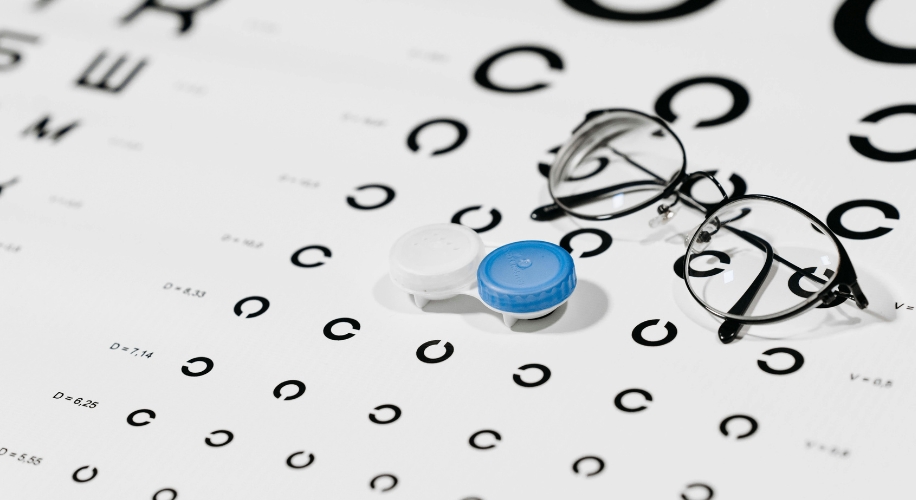Preventing Neovascularization from Contact Lenses

Neovascularization refers to the abnormal growth of blood vessels into the cornea, and can pose significant risks to eye health. Fortunately, with the right choice of contact lenses and proper care, this condition can be prevented or mitigated effectively.
How Contact Lens Wear Contributes to Neovascularization
Contact lenses are a popular vision correction option, offering convenience and improved aesthetics for many users. However, improper use or prolonged wear of contact lenses can lead to several complications, including neovascularization. When contact lenses are worn for an extended period, they can restrict the flow of oxygen to the cornea, leading to a condition known as corneal hypoxia. In response to this oxygen deprivation, the eye may initiate the formation of new blood vessels in an attempt to compensate for the reduced oxygen supply.
Preventing Neovascularization Related to Contact Lens Wear
- Wear silicone hydrogel lenses: This type of contact lens material, also called SiHy, offers high oxygen permeability and allows more oxygen to reach the cornea compared to traditional hydrogel lenses. Older contact lens brands and non-prescription decorative contacts may be made with materials that do not allow your eyes to breathe.
- Follow Proper Lens Care: Always adhere to the recommended wearing schedule and cleaning instructions provided by your eye care professional.
- Limit Wear Time: Avoid wearing contact lenses for longer than recommended, especially overnight.
- Take Breaks: Give your eyes regular breaks from contact lens wear. Wearing glasses allows your eyes to rest and replenish oxygen.
- Monitor Symptoms: Be vigilant for any signs of discomfort, redness, or changes in vision, as these may indicate a problem that requires attention.

Choosing the right contact lenses and adopting appropriate modes of wear are crucial steps in preventing neovascularization and preserving ocular health. By prioritizing oxygen permeability, adhering to hygiene practices, and consulting with your eye care professional regularly, you can enjoy clear vision while minimizing the risk of complications associated with contact lens wear. Your eyes deserve the best care, so make informed decisions to safeguard their health and vitality.

